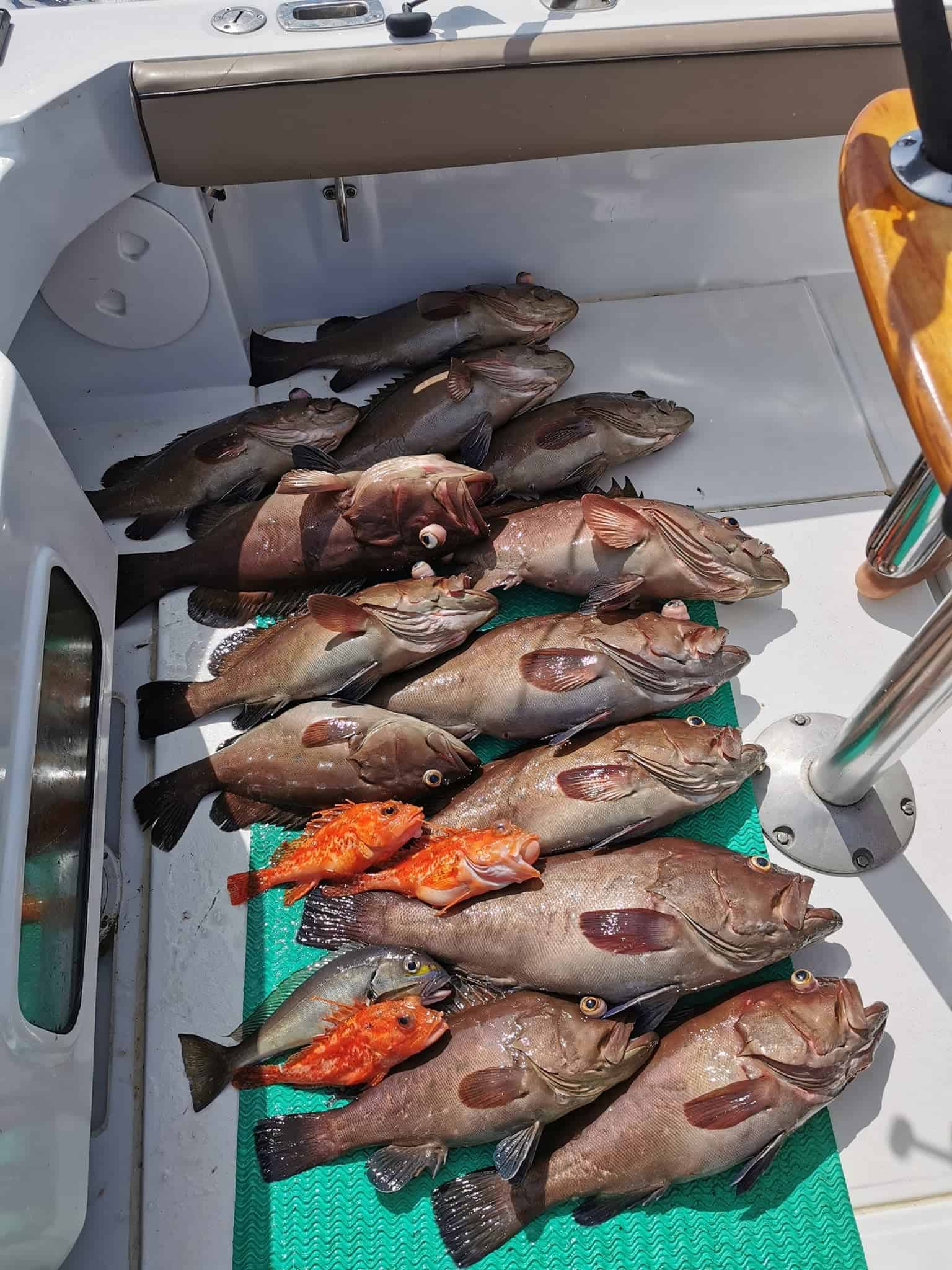I am a conservationist. Some people might say I can’t be a conservationist because I fish, I make a living by fishing, and I eat fish. I love conservation work; I dislike the politics of conservation and I loathe the business of conservation. My conservation work is voluntary, which I see as an advantage. I often sit in meetings with up to a dozen people or more and am the only person not getting a paycheck for being there. It allows me to say what I really think without having to play into anyone’s agenda.
I really think that Costa Rica is coming around on marine conservation issues. The country’s “green” image has finally been tarnished enough by lack of regulations and damage done by foreign fleets that action has begun. A conference involving several nongovernmental organizations, universities, the Environment Ministry and representatives from the Costa Rican longline and sportfishing fleets was held recently to discuss the foreign-fleet shark issue that directly affects both commercial and sportfishing fleets.
Javier Cantón, president of the Pacific Fishermen’s Union, explained how foreign fleets have wreaked havoc among commercial fleets on the Pacific coast of Costa Rica at the State of the Oceans Summit, held Aug. 12 to 14 in the capital (TT, Aug. 19). He went on to show examples of an artificial reef project they have been working on in the Gulf of Nicoya. I was impressed with the well-thought-out, concrete-over-mesh design, but it reminded me of a not-so-successful program once tried in my home state of Florida.
A group of county commissioners came up with an artificial reef program that was either an extremely misguided effort or a well-disguised plan to rid the county’s landfills of their surplus of old cars, tires and concrete culverts. What seemed like an excellent plan turned out to be a disaster. It didn’t take long to discover that the lifespan of an old Chevy rusting in the Gulf of Mexico isn’t very long, and that hurricanes and tropical storms can separate and scatter well-tied-together tires for miles across the sea bottom.
But both fishermen and divers alike began using these reefs regularly. Most anglers would camp right over top of them and have a field day reeling in grunts, but every time they hooked a decent fish like a grouper, they quickly lost it to the jagged terrain below.
We were smarter than that; we fished with grenades. Not literally, of course, but that’s what we called them. We would mix sand with cat food and shape it into balls with a rock in the middle so the grenades would sink fast. Then we would anchor upcurrent of the structure and drop our grenades to the bottom. Our concoction had a sweet enough smell to draw decent-sized fish away from the cover of the reef.
One day our grenade technique was extremely effective. We had a cooler full of 8- to 10-pound grouper and lots of 5-pound mangrove snapper. Then a monster took my bait and nearly yanked my rod out of my hands. It didn’t take off with burning speed; it was more like being on the losing end of a tug-of-war as line slowly peeled off my reel and there was nothing I could do about it. Then it stopped. I knew the fish had taken enough line to bury itself well into the reef, and I could feel every breath it took, as water rushed through its gills, vibrate up my line.
Then I got an idea. Earlier I had noticed a boat with a dive flag up on the other end of the reef. I raised the observer on the radio and explained I had a giant fish on my line, and if they would come over and shoot the thing, I would split it with them. The guy on the radio replied that when the divers surfaced, he would ask them.
Soon a dive boat was tied up alongside us and a diver was preparing to descend with a triple-banded speargun unlike anything I had seen before. He disappeared below the surface, following my line toward the bottom.
Twenty minutes passed and nothing. After 30 minutes he surfaced, and his eyes were as big as saucers.
“You’re not kidding you’ve got a monster,” he exclaimed. “You have a 400-pound goliath grouper.” (Actually they were called jewfish back then, but the name was changed a few years back in the spirit of political correctness.)
“The stupid fish has swum inside the cab of a ’62 Ford pickup,” he went on to explain.
“Well, just plug him between the eyes,” I said, “and we’ll drag him out with the boat.”
“What the heck you think I’ve been trying to do for the last half hour?” he answered. “Every time I get close to him he rolls the window up!”
Todd Staley was the fishing manager at Crocodile Bay Resort in Puerto Jiménez, on the Osa Peninsula






